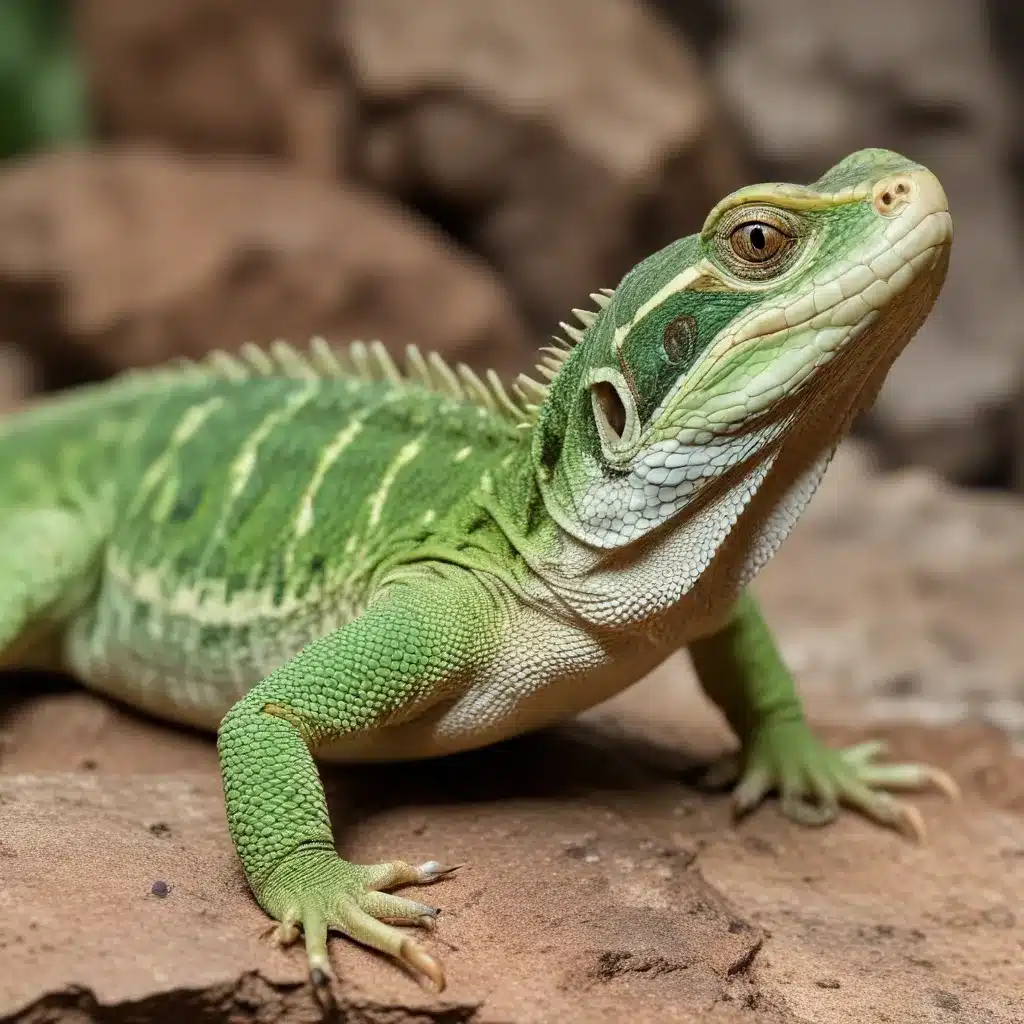
Reptile Species and Their Care Requirements
Reptiles are a diverse and fascinating group of animals that have captivated the hearts of many pet enthusiasts. From the sleek and agile snakes to the regal and armored lizards, each reptile species has its own unique set of care requirements that must be meticulously attended to. Ensuring the proper housing, temperature, humidity, and nutrition is crucial for the well-being of these scaly companions.
One of the most important considerations when it comes to reptile care is the specific habitat requirements. Different species thrive in varying environmental conditions, and it is essential to replicate these conditions as closely as possible in the captive setting. For example, tropical species like the green iguana require high humidity levels and warm temperatures, while desert-dwelling reptiles like the bearded dragon prefer drier, hotter conditions. Providing the appropriate substrate, hiding spots, and lighting is paramount to creating a thriving environment for your reptilian friend.
Proper feeding is another critical aspect of reptile husbandry. Reptiles have diverse dietary needs, with some species being strictly herbivorous, while others are carnivorous or omnivorous. Carefully researching the appropriate food items and portion sizes for your reptile’s species is essential to ensure they receive a balanced and nutritious diet. Incorporating a variety of live prey, plant matter, and vitamin/mineral supplements can help maintain the overall health and well-being of your reptile.
Understanding the unique health considerations of different reptile species is also crucial for responsible ownership. Regular veterinary check-ups, monitoring for signs of illness, and addressing any potential issues promptly can make all the difference in the longevity and quality of life for your reptilian companion. Familiarizing yourself with common reptile health concerns, such as respiratory infections, parasites, and metabolic disorders, can empower you to provide the best possible care.
Reptile Breeding Techniques and Considerations
Breeding exotic reptiles can be a rewarding and exciting endeavor, but it also requires a deep understanding of the species-specific breeding behaviors and strategies. Successful reptile breeding involves carefully managing environmental factors, such as temperature, humidity, and photoperiod, to mimic the natural conditions that trigger reproductive activities.
One of the key aspects of reptile breeding is ensuring the proper pairing of compatible individuals. Reptiles often have complex social and reproductive dynamics, and it is essential to research the mating behaviors and compatibility requirements for the specific species you are interested in breeding. Factors such as size, age, and temperament can all play a role in the success of a breeding program.
Once a successful pairing has been established, the next step is to provide the appropriate nesting and egg-laying environment. This may involve creating specialized enclosures or substrate conditions to encourage the female to lay her eggs. Careful monitoring and incubation of the eggs are also crucial, as the temperature and humidity levels during this crucial stage can greatly impact the development and hatchling success rate.
Reptile breeders must also be mindful of the genetic diversity within their breeding populations. Inbreeding can lead to a range of health and behavioral issues, so it is essential to introduce new, unrelated individuals into the breeding program. Maintaining detailed records of the lineage and genetic history of your reptiles can help ensure the long-term viability and health of your breeding stock.
Legal Considerations for Exotic Reptile Ownership and Sales
Owning and breeding exotic reptiles come with a host of legal considerations that must be carefully navigated. Regulations surrounding the possession, transport, and sale of reptiles can vary significantly by state and country, and it is the responsibility of the reptile enthusiast to ensure compliance with all applicable laws and regulations.
In the United States, the possession and ownership of certain reptile species may be restricted or prohibited altogether, depending on the state and local jurisdiction. Some states maintain strict regulations on the importation and trade of exotic reptiles, while others may have more lenient policies. It is crucial to research and understand the specific legal requirements in your area before acquiring or breeding any reptile species.
Additionally, the international trade in endangered or threatened reptile species is governed by the Convention on International Trade in Endangered Species of Wild Fauna and Flora (CITES). This global agreement regulates the cross-border movement of protected species, and reptile owners and breeders must comply with the necessary permits and documentation requirements when transporting or selling these animals.
Proper record-keeping and documentation are essential for reptile owners and breeders. Maintaining detailed records of the source, lineage, and health status of your reptiles can help demonstrate compliance with relevant laws and regulations. It is also important to work closely with licensed veterinarians and authorized wildlife agencies to ensure that your reptile-related activities are in full compliance with all applicable legal requirements.
By staying informed about the legal landscape and adhering to all relevant regulations, reptile enthusiasts can engage in responsible and ethical exotic pet ownership and breeding practices, ultimately contributing to the conservation and preservation of these remarkable creatures.
Conclusion
Reptiles are captivating and diverse creatures that offer a unique and rewarding experience for pet owners and enthusiasts. However, providing exceptional care, breeding responsibly, and navigating the legal landscape of exotic reptile ownership require a deep understanding of the specific needs and requirements of these animals.
By following best practices in reptile husbandry, breeding techniques, and legal compliance, reptile enthusiasts can ensure the health, well-being, and ethical treatment of their scaly companions. Continuous learning, attention to detail, and a commitment to responsible exotic pet ownership are the keys to fostering a thriving and sustainable reptile community.
Whether you are a seasoned reptile breeder or a newcomer to the world of exotic pets, this comprehensive guide has provided you with the essential knowledge and considerations to embark on your journey of responsible reptile ownership and care. By prioritizing the well-being of your reptilian friends and adhering to all relevant laws and regulations, you can become a steward of these remarkable creatures, contributing to their conservation and enriching the lives of both you and your scaly companions.


